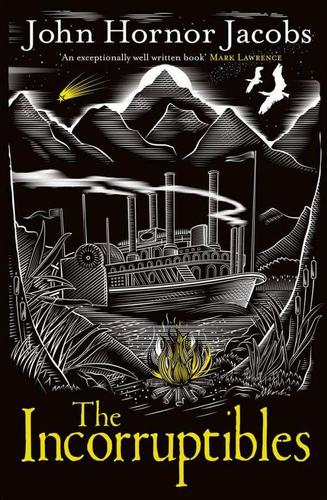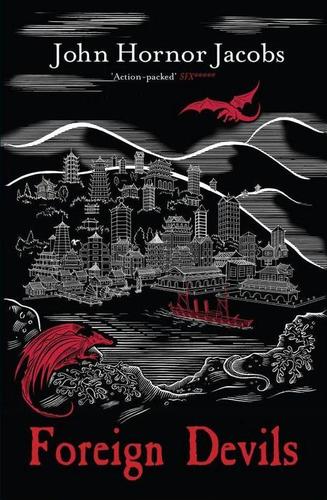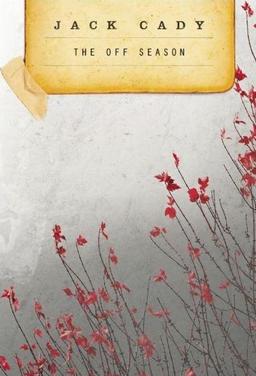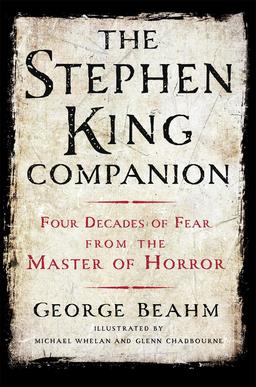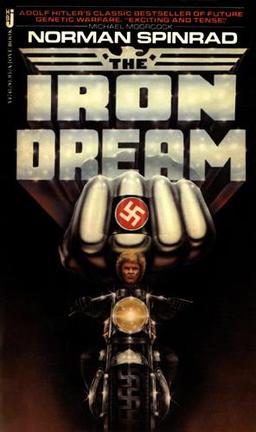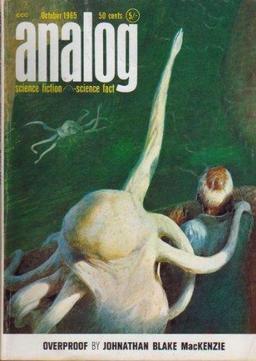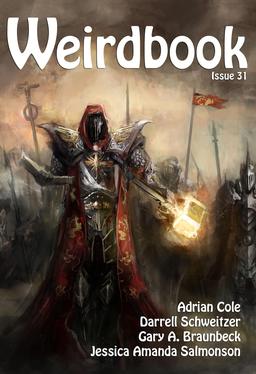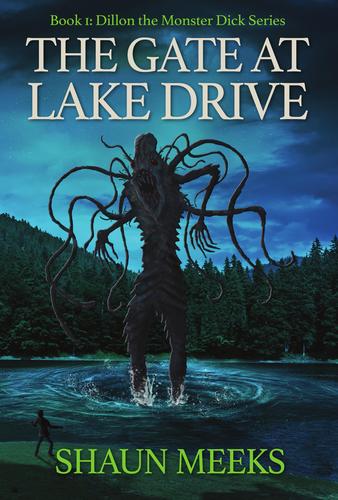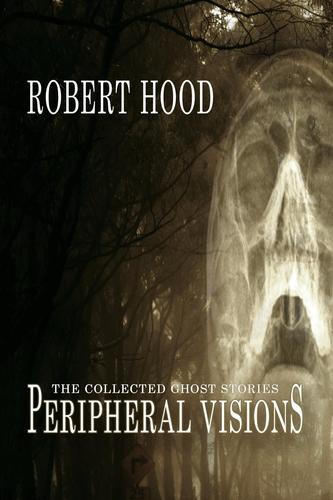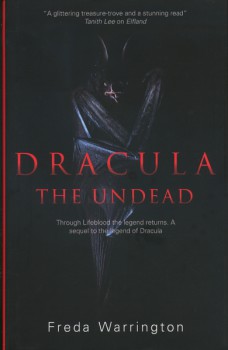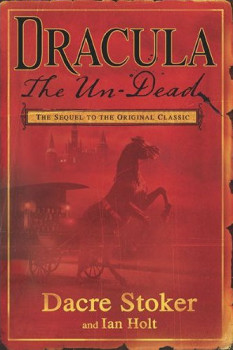Goth Chick News: The Best Scares Are Made In America Scares…
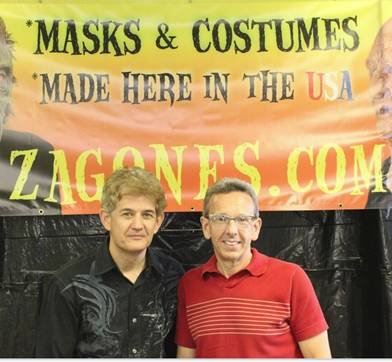
Over 40 years ago, Chicagoland brothers Phil and Bob Zagone realized that nothing ruined the chances of picking up a date on Halloween with a fantastic costume, faster than the sweaty mess you became under a rubber mask.
That — and there was no way to consume adult beverages while wearing one.
Committed to solving this age-old dilemma the brothers started working on several solutions which they eventually proposed to the Godfather of Halloween himself, Don Post of Don Post Studios in California.
Unfortunately (or rather fortunately), Mr. Post was too busy to consider their ideas, but advised the Zogones that if they were so keen to improve the mask industry, they were welcome to start their own company and have at it.
Which was precisely what Phil and Bob did in 1974, right here in their hometown of Chicago.
Welcome Black Gate readers, to the famous Zagone Studios Mask and Costume Company.

